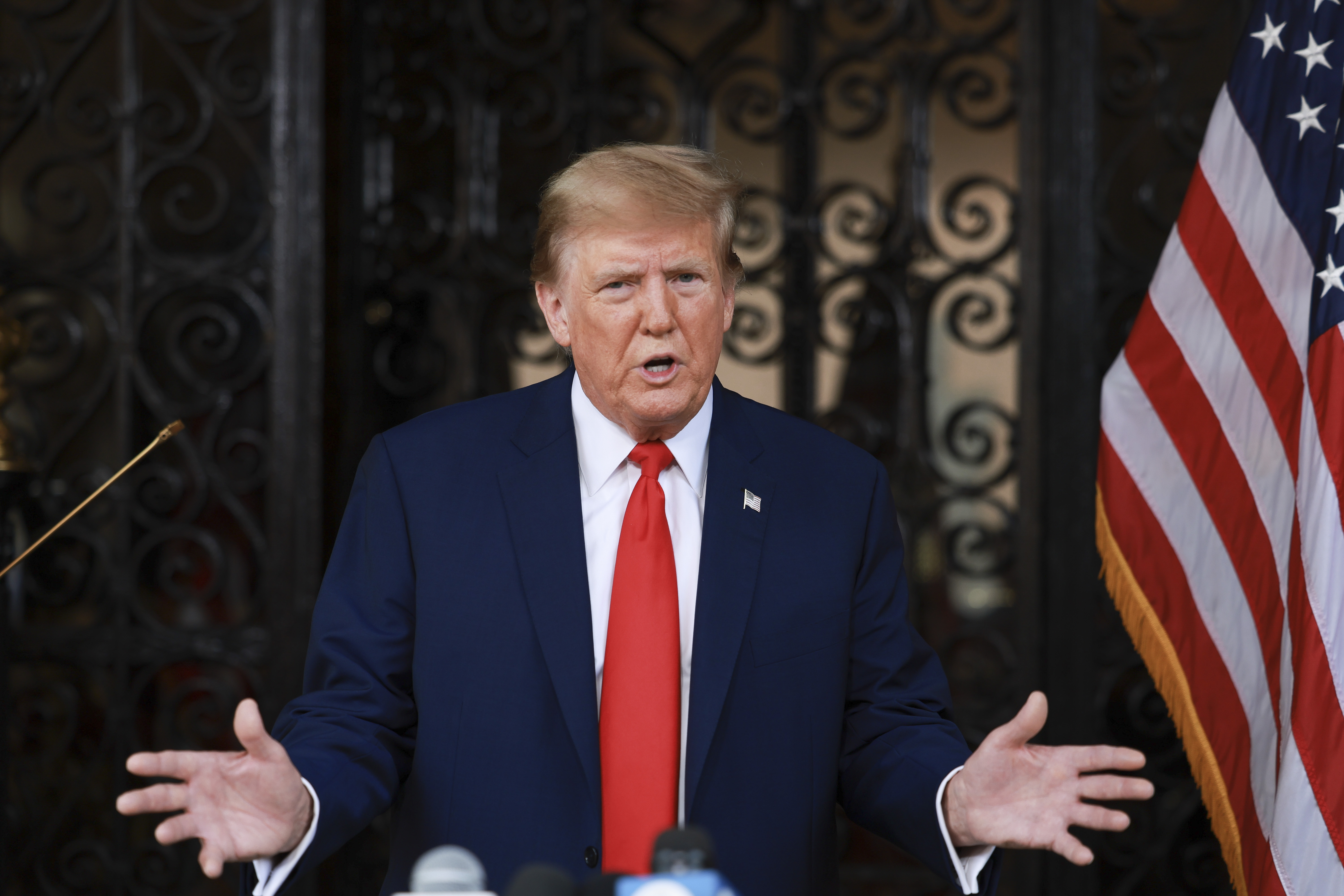When the Colorado Supreme Court found former President Donald Trump ineligible for the state primary ballot under Section 3 of the 14th Amendment, the ruling had a large ripple effect even as the court stayed its own removal order in the event of an appeal.
Maine soon disqualified President Trump as well, and voters in other states put forth efforts to remove President Joe Biden under similar reasoning.
